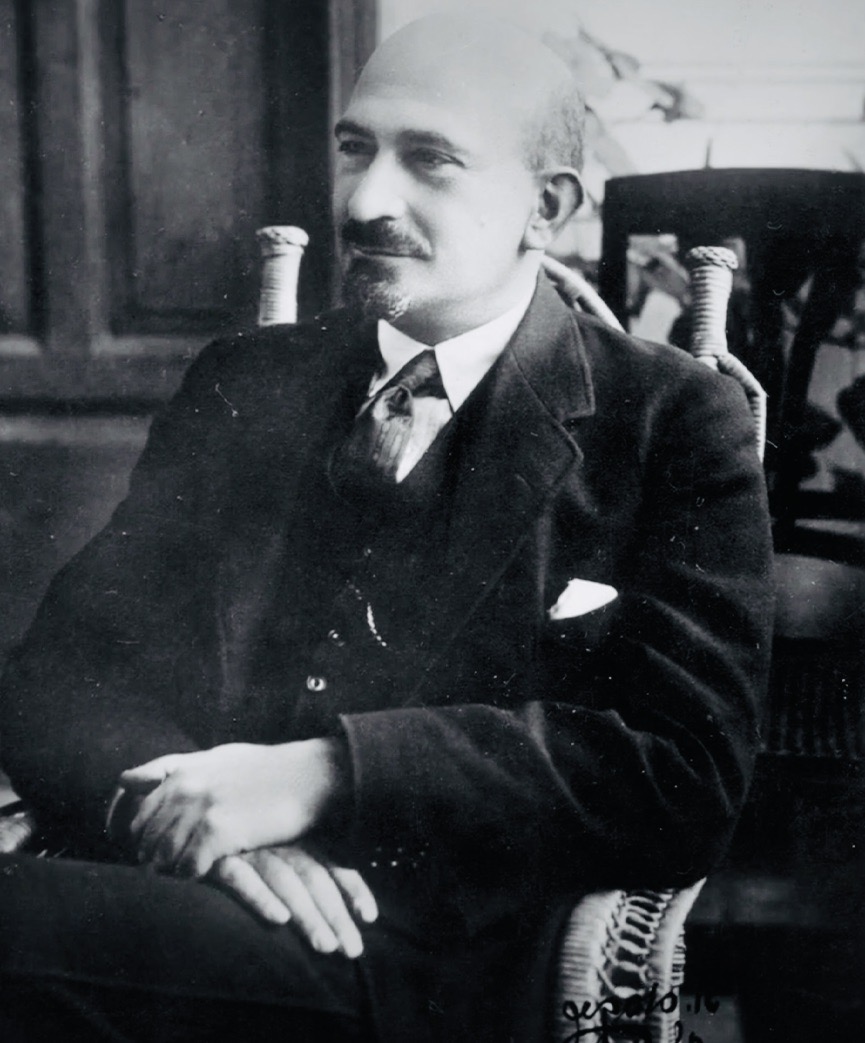The present-day borders of the Middle East were formed a century ago as Britain and France redrew its map.
With the collapse of the far-flung Ottoman Empire, these colonial powers established League of Nations mandates in Palestine (Israel), Trans-Jordan (Jordan), Syria, Lebanon and Mesopotamia (Iraq), paving the way for the emergence of sovereign independent states.
Britain’s role in this consequential process is meticulously examined and analyzed in Birth Of A Conflict, a bracing and illuminating three-part Israeli television series by Yaron Niski and Avi Merkado Ettedgui.
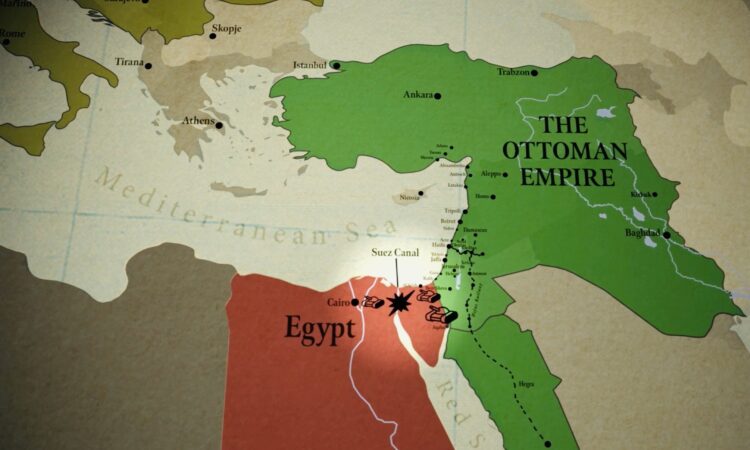
Now available on the ChaiFlicks streaming platform, it focuses on the intractable Arab-Jewish struggle in Palestine, which is still playing out and claiming lives, judging by the current Israel-Hamas war in the Gaza Strip.
This stellar series unfolds chronologically from World War I to the end of the British Mandate in Palestine, and is told from the British point of view. It rests on newly-discovered archival material, vintage movie clips and photographs, commentaries from historians and British, Jewish and Arab officials, and excerpts from Pillar of Fire, an Israeli documentary on Zionism released in 1981.
It all adds up to a great history lesson on the confounding complexities of the Arab-Israeli dispute, and should not be missed.
As one English official observes, the crux of the problem was British duplicity. “We sold the horse to two buyers,” he says candidly, referring to the irreconcilable promises Britain made to the Zionist and Arab national movements after the outbreak of World War I in 1914.
In retrospect, the fate of the Middle East was sealed after the Ottoman Empire sided with Germany. This set into motion a series of events that changed the region irretrievably.
While British troops fought Ottoman armies in the Middle East, Britain committed itself to two contradictory goals: establishing both a Jewish homeland in Palestine and an Arab kingdom in Syria, Lebanon and Palestine, all in the interests of furthering its imperial ambitions in the region.
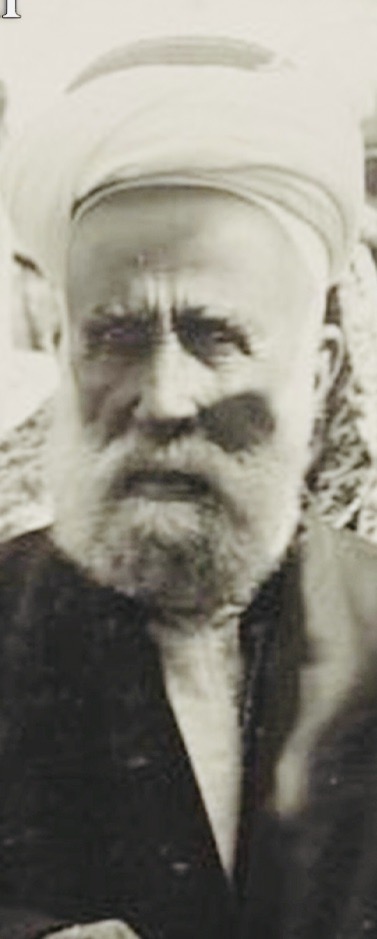
From 1915 to 1916, Sir Henry McMahon, the British high commissioner in Egypt, and Hussein bin Ali, the grand emir of Mecca, exchanged ten letters in which Britain pledged to endorse the creation of the Arab Kingdom of Syria in exchange for Arab political and military support against the Ottoman Empire.
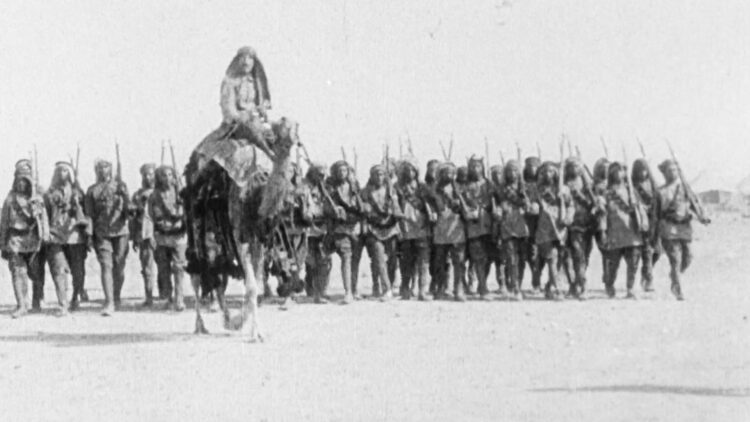
The emir’s son, Faisal bin Hussein, fulfilled his father’s solemn promise by launching the Arab Revolt in 1916 in tandem with a British army officer who would be known as Lawrence of Arabia.
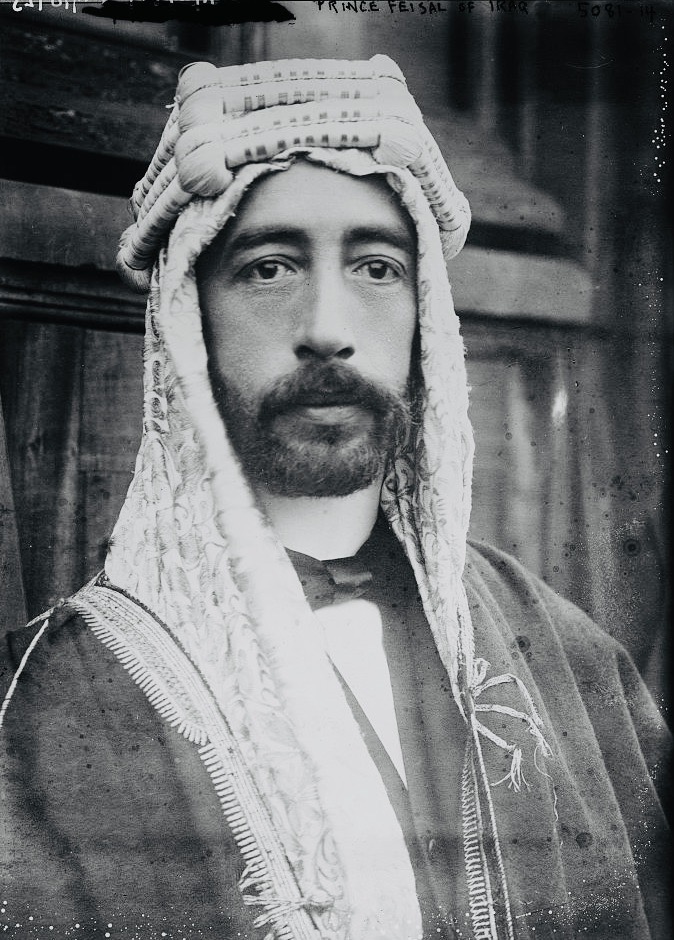
With the Fertile Crescent and Arabian Peninsula ablaze in war, Britain and France secretly divided up the Middle East into spheres of influence in the 1916 Sykes-Picot Agreement.
In the meantime, British diplomats and Zionist leaders initiated discussions with a view to forming a Jewish homeland in Palestine, then inhabited by a majority of Palestinian Muslims and Christians and a minority of Jews.
Lloyd George, the British prime minister, believed that the Jewish diaspora, especially in the United States, could be of inestimable value to the British war effort. He and his foreign minister, Arthur James Balfour, both of whom were Christian Zionists, bought into the antisemitic myth of global Jewish power.
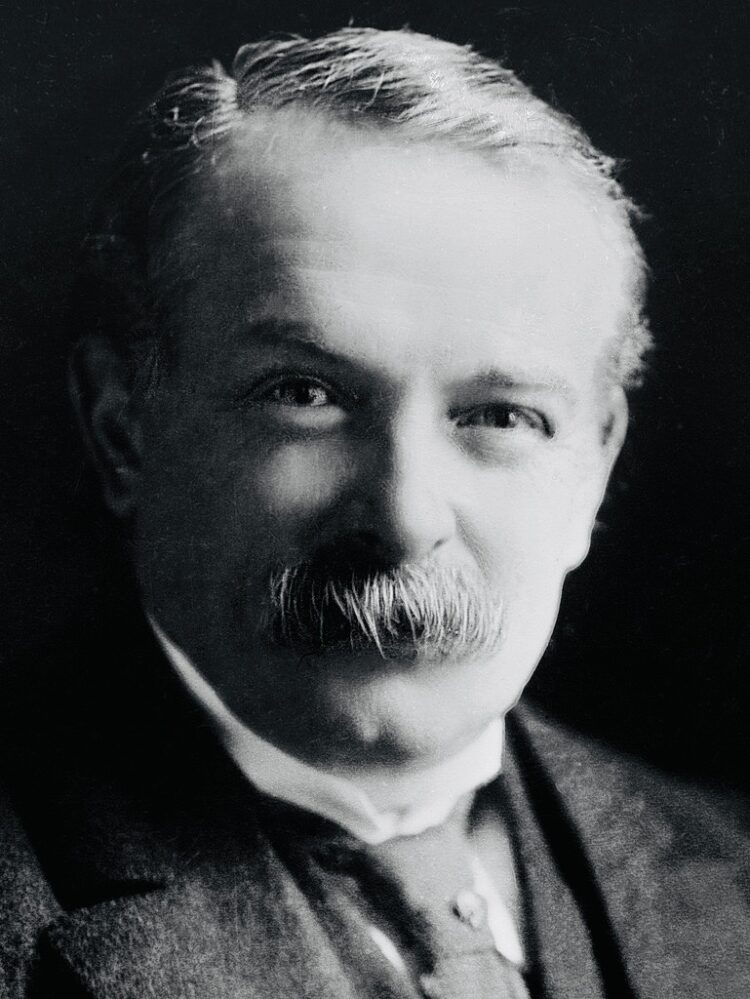
In their estimation, the vital oil pipeline from Iraq to Haifa and the Suez Canal — the trade route to India and the jewel in the British colonial crown — could best be protected if Britain controlled Palestine, which had been an Ottoman province for 400 years.
As it happened the interests of Britain and the Zionist movement, headed by the Russian-born biochemist Chaim Weizmann, were virtually in alignment. In 1917, Britain issued the Balfour Declaration, which favored the establishment of a Jewish homeland in Palestine. The Arab residents of Palestine were bitterly opposed to Britain’s pro-Zionist policy, claiming that Palestine belonged to them. Be that as it may, Britain was given the League of Nations mandate in Palestine in 1922.
For a brief period in 1920, Britain permitted Faisal bin Hussein to rule the newly formed Arab Kingdom of Syria, which was based in Damascus. But after the League of Nations entrusted the mandates in Syria and Lebanon to France, he was removed as king.
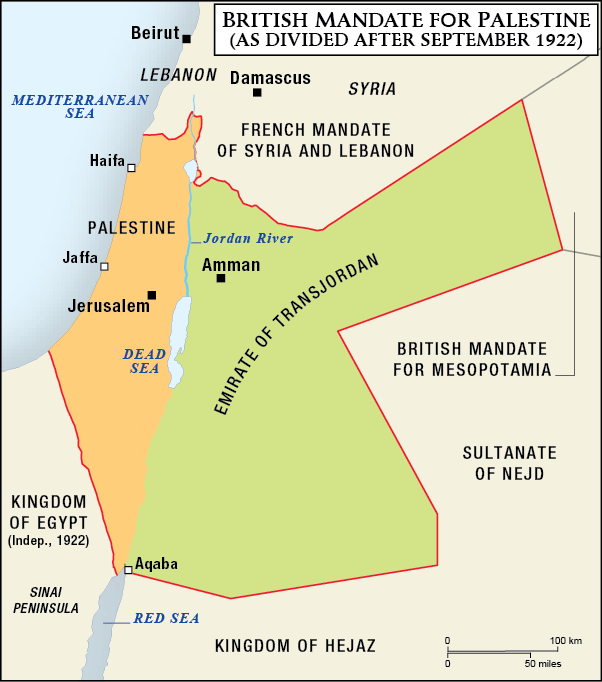
By way of compensating him, Britain installed him as the Hashemite monarch in what is now Iraq. His brother, Abdullah, was handed the throne in Trans-Jordan, a huge chunk of land arbitrarily detached from Palestine in 1922. The British minister in charge of this seminal development was Winston Churchill, a future prime minister.
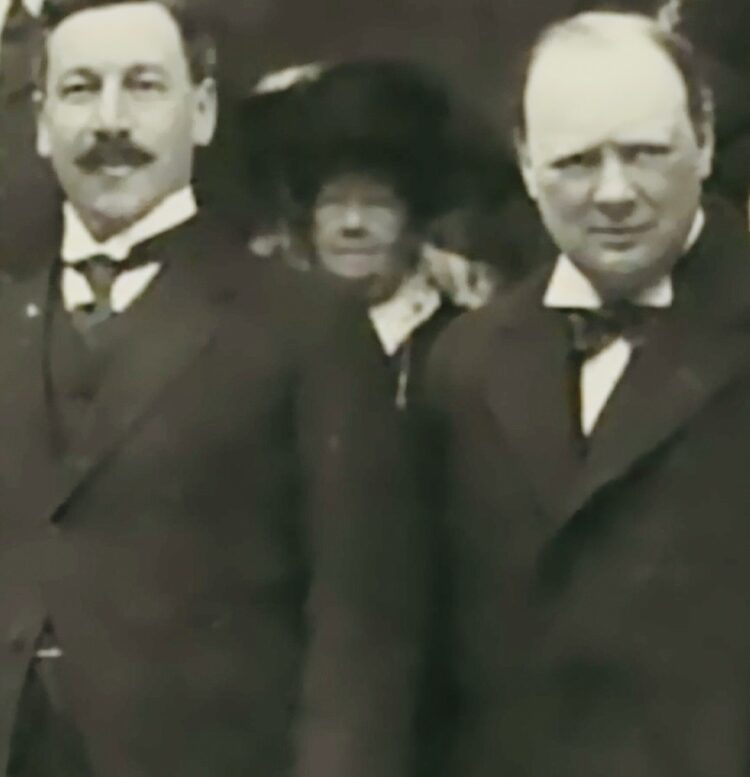
Britain’s first high commissioner in Palestine, Herbert Samuel, a Jew, was tasked with a contradictory mission — forming a Jewish homeland while respecting Arab civil rights. In a decision he most probably regretted, he appointed Haj Amin al-Husseini, a member of a prominent Palestinian family and a fierce nationalist, as mufti of Jerusalem. In his position as head of the Supreme Muslim Council, Husseini vigorously lobbied for Palestinian rights and lambasted the Zionist project. Ultimately, he converted an Arab-Jewish national struggle into a religious struggle pitting Islam against Judaism, one historian says.
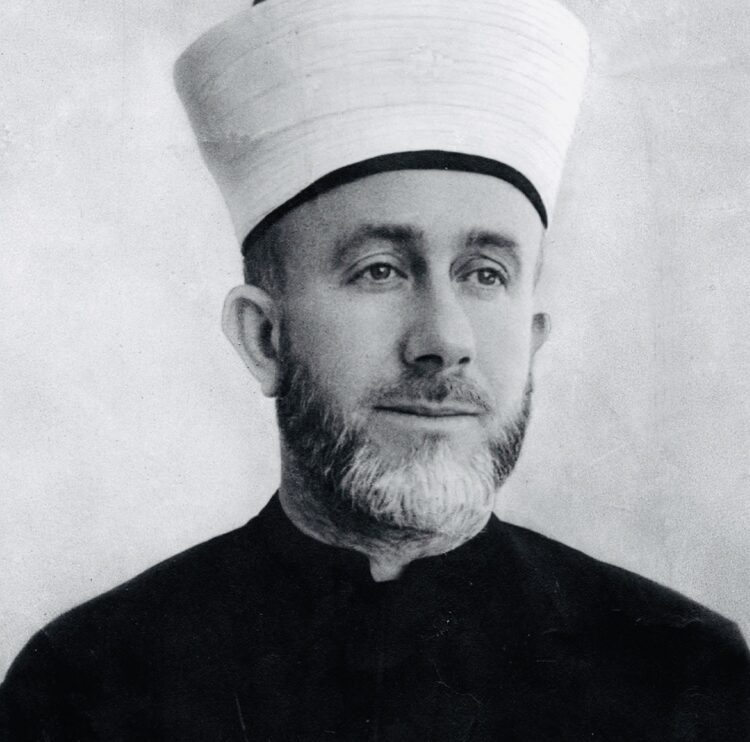
During the early 1920s, the first of constant waves of inter-communal violence convulsed Palestine. The British tried to appease the Arabs by limiting Jewish immigration and land purchases, but they relaxed these regulations following the rise of Adolf Hitler’s Nazi regime in Germany. This prompted tens of thousands of German Jews to settle in Palestine. By 1939, 40 precent of its population was Jewish.
Enraged by Britain’s policy, the Palestinians called a nation-wide general strike and mounted an armed revolt against the British in 1936. The jihad was spearheaded by Izz ad-Din al-Qassem, a Syrian who was hunted down and killed in a clash with British forces in the West Bank.
With the rebellion crushed, Britain created a special committee under the chairmanship of Sir John Peel to deal with the unrest in Palestine. Peel recommended the partition of Palestine into a Jewish and an Arab state, with a portion of it reserved for Britain. Jews grudgingly accepted the plan, even though it allotted only about 20 percent of the land to them.
As a result, the Arab rebellion broke out again, forcing Husseini to flee to Lebanon. By 1940, he was ensconced in Berlin, caught up in a morally and politically compromising relationship with the Nazis.
As for the Arab revolt, it crumbled in 1938, and was widely regarded as a failure. Yet only a year later, Britain issued a White Paper vastly restricting Jewish immigration and land sales to Jews, thereby rolling back the intent of the Balfour Declaration.
The final episode deals with the postwar era, when Britain finally tired of the endemic conflicts and the weight of its burdensome responsibilities in Palestine. Having retreated from its colony in India in 1947, Britain lost the geopolitical raison d’être for being in Palestine. Nonetheless, British Foreign Minister Ernest Bevin balked at liberalizing an immigration policy designed to keep Jews out of Palestine.
During the last few years of the Mandatory period, right-wing Jewish militias launched an insurgency, sabotaging critical infrastructure, bombing the King David Hotel in Jerusalem, and assassinating civil servants and soldiers.
Zionists accepted the 1947 United Nations Palestine partition scheme, but the Palestinian leadership railed against it, demanding a full-fledged state in Palestine. From December to May 1948, Palestine was embroiled in a civil war.
With David Ben-Gurion’s announcement of Jewish statehood on May 14, 1948, five Arab armies invaded Israel. The last British high commissioner in Palestine, Sir Alan Cunningham, left on May 13.
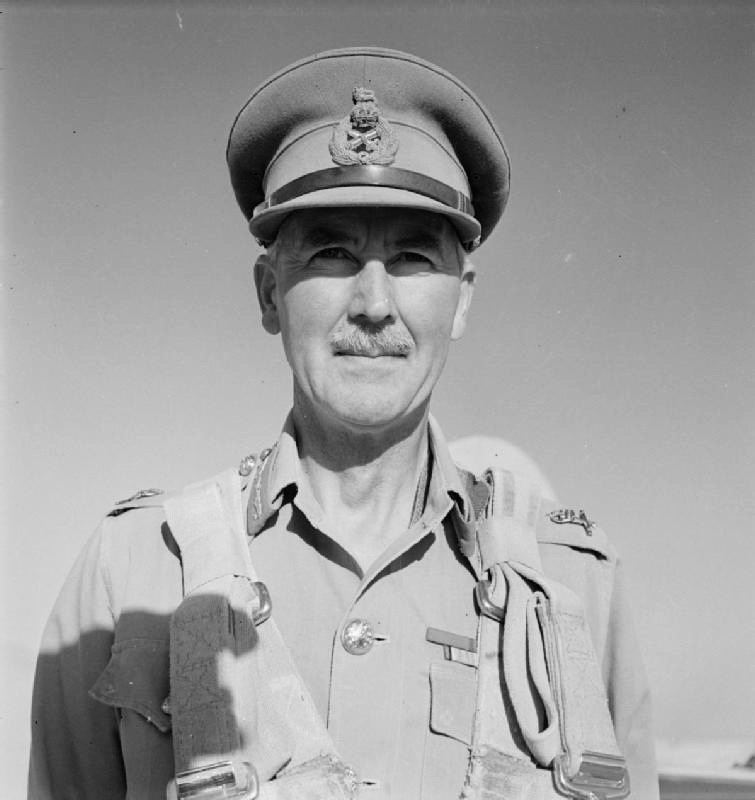
In accordance with an agreement between Britain and King Abdullah, the Arab Legion, the army of Trans-Jordan, confined its attacks to the West Bank, which had been allocated to the Palestinians under the provisions of the United Nations partition plan.
Since the first Arab-Israeli war, Israel has fought a succession of wars with the Arabs and has rarely been at peace. The atrocities perpetrated by Hamas in southern Israel on October 7 attest to the somber fact that the protracted conflict between Israel and the Palestinians is still burning brightly.
